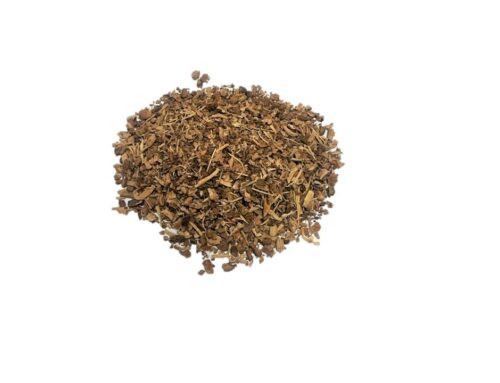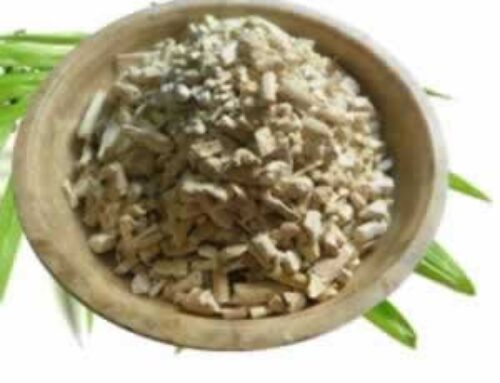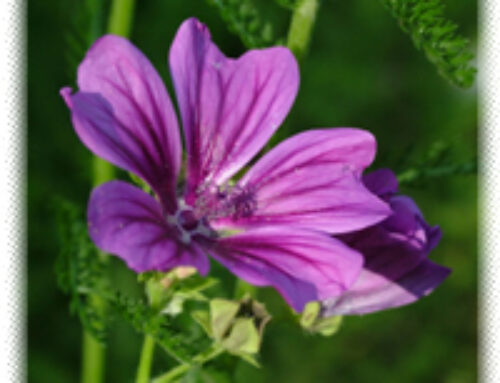Wormwood uses: Gout, IBS, Stomach, Insect Repellent, Liver, Parasites/worms, Gall Bladder, Jaundice, Immune Support, Nausea, Lack of Appetite, To promote stomach acid production in the elderly,
Properties: Antibacterial, Anti-parasite , Astringent ,Bitter, Depurative, Nervine, anti-inflammatory, Anthelmintic
Parts Used: Aerial parts
Constituents: volatile oil (mainly composed of thujone, but also other compounds including chamazulene), bitter principle (absinthum), carotene, vitamins
Preparations: Tea- 1 Teaspoon to each cup of cold water steeped overnight and drunk in the morning. Tincture- 1:10 in 45 per cent alcohol. Dose: 1 teaspoon (5ml) x3 daily. For worms- Single dose (5-10ml) much diluted, taken on a empty stomach. Repeat fortnightly.
Wormwood Side Effects: Not for long term use, do not exceed recommended doses, excessive consumption could be toxic. Pregnant women should not take as it can cause uterine contractions. The FDA lists wormwood unsafe for internal use due to the toxicity of thujone oil which should never be used apart from the whole herb.
Wormwood should always be used in dried form for teas which contain little if any the volatile oil. The bitter principle in wormwood is largely nontoxic.





